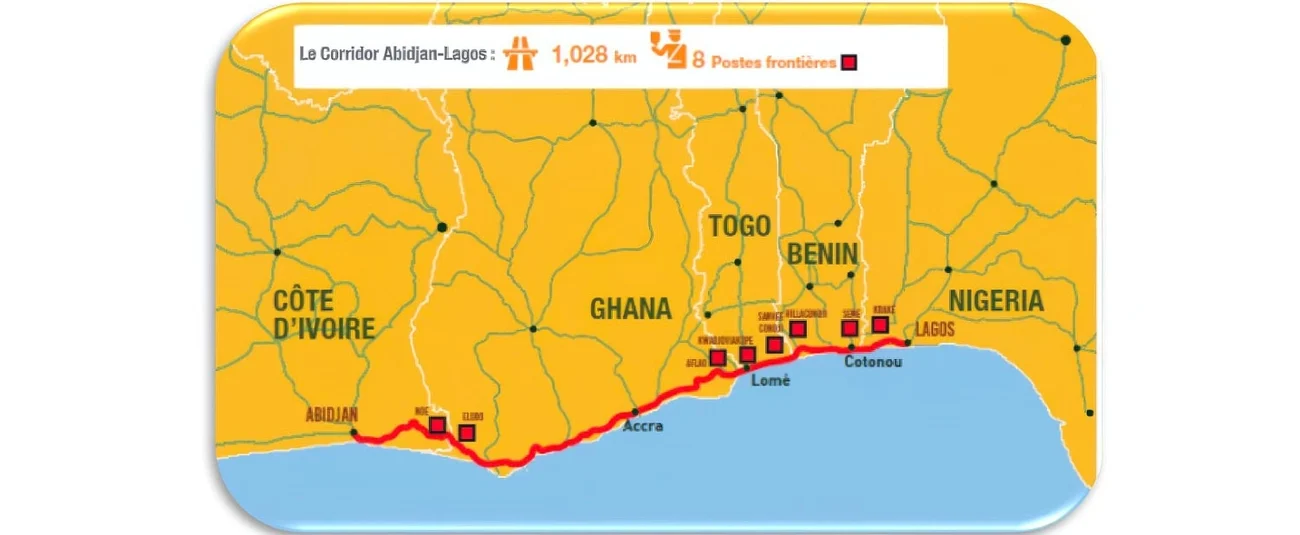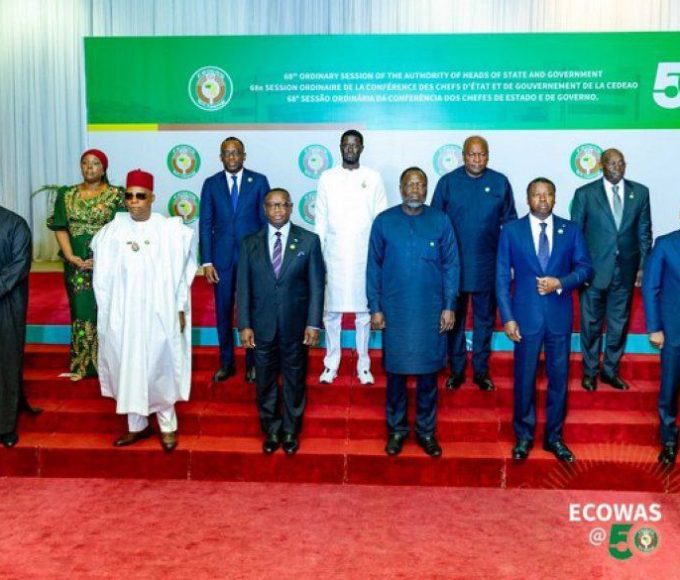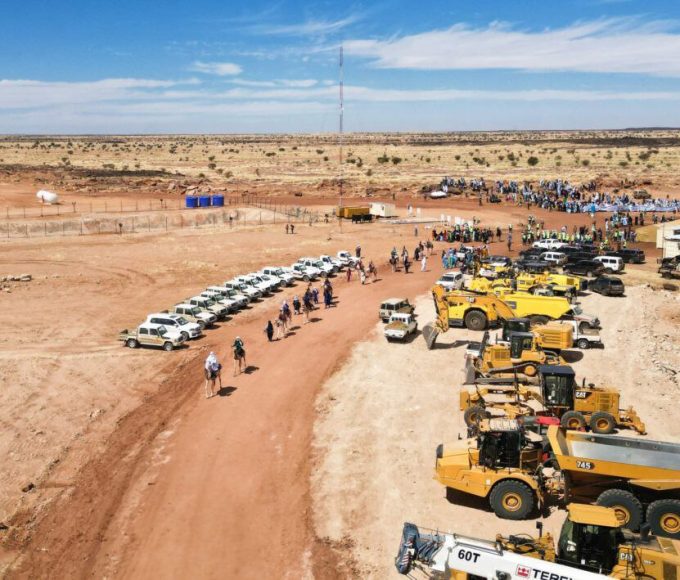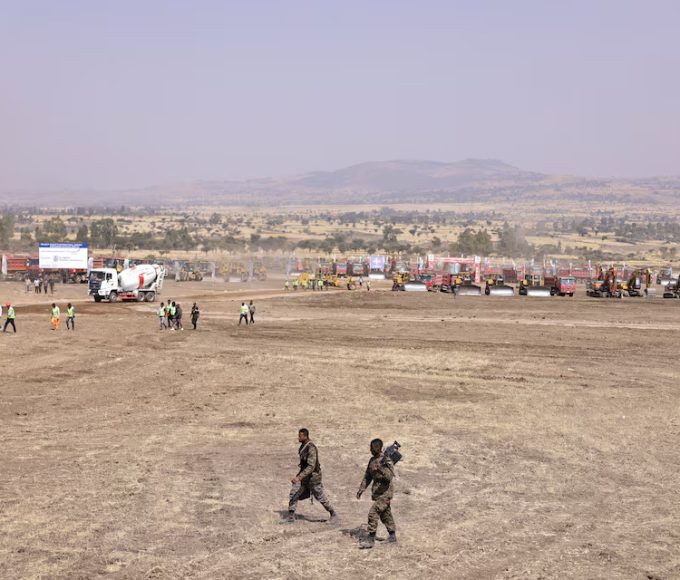
Abidjan-Lagos Transnational Coastal Highway Project to Link 5 West African Countries After Completion

The Abidjan-Lagos transnational coastal highway project, spanning 1,028 kilometres, has reached its final planning stage, with construction set to begin in 2026 and completion expected by 2030.
This infrastructure initiative aims to enhance economic integration and industrial development across West Africa, connecting Côte d’Ivoire to Nigeria via Ghana, Togo, and Benin.
Supported by the African Development Bank (AfDB), the project has attracted $15.6 billion in investment commitments with agreements also been finalised to establish a governing Authority for managing the corridor.
The highway will start in Bingerville, Côte d’Ivoire, and conclude in Lagos, Nigeria, passing through major cities and territories: 144 kilometres in Côte d’Ivoire, 520 kilometres in Ghana, 90 kilometres in Togo, 127 kilometres in Benin, and 82 kilometres in Nigeria.
Featuring four to six lanes along most of its length—expanding to eight lanes in Lagos—the road will include 63 interchanges and operate as a tolled highway.
Read Also: Ghana Inaugurates 97 km Tema-Mpakadan Rail Linking Ghana to Burkina Faso, Opening Access to the Sea
One Year After Commissioning, Enugu’s Water Galleries Remain Abandoned with Dry Taps
The Director of AfDB’s Infrastructure and Urban Development Department Mike Salawou said the transport corridor needs to become an economic corridor:
“This economic corridor approach also naturally overlaps with major urban development. It will support the growth of major economic hubs and improve links between large urban centres, secondary cities and rural areas within the five countries,” he stated.
In addition to linking five major coastal cities, the highway will integrate with other key West African transport corridors, including road, rail, and airport networks.
This will provide landlocked nations like Mali, Burkina Faso, and Niger with seamless access to the region’s eight major ports and connect to the broader Abidjan-Dakar-Praia corridor.
Also the construction of the road is expected to generate up to 70,000 direct and indirect jobs. Most of the work will be carried out in the form of public-private partnerships.
About The Author
Related Articles
ECOWAS Calls for Short, Inclusive Political Transition in Guinea-Bissau
The Economic Community of West African States (ECOWAS) has reiterated its call...
ByWest Africa WeeklyJanuary 12, 2026Niger Adopts Record 2026 Budget in Push for Economic Sovereignty
Niger has approved a record national budget of more than 2.922 trillion...
ByWest Africa WeeklyJanuary 12, 2026Niger Records Progress on Dasa Uranium Project, Strengthens Gold Ambitions
Niger is recording major advances in its mining sector, with significant progress...
ByWest Africa WeeklyJanuary 12, 2026Africa’s Largest Airport Takes Shape as Ethiopia Commences $12.5bn Build
Ethiopia has officially begun work on a massive new airport that officials...
ByWest Africa WeeklyJanuary 12, 2026












Leave a comment